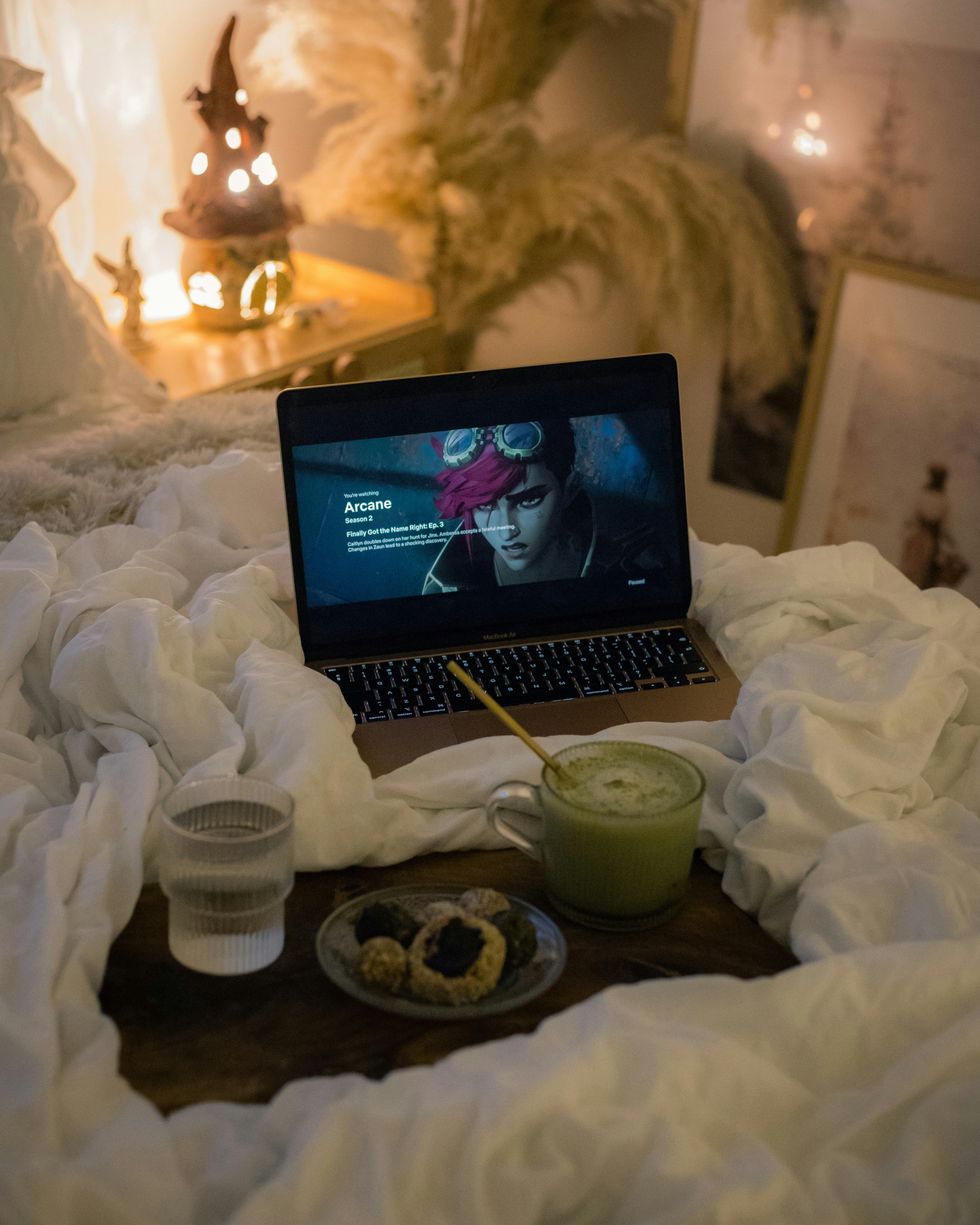Community Theater operates very differently than professional Broadway Theater in several ways. There is something valuable and enriching about being part of a community theater production because everyone involved is there for the sake of the art form and devote their own free time to pull off something entertaining and memorable. If you ever get the chance to play in an orchestra for your local production, here are a few tips to consider to get the most out the experience.
1. If you can go to cast rehearsals, go to them.
Well before you come into your first band rehearsal, the cast and crew have already spent weeks blocking scenes, designing and building the set, establishing cues and learning choreography. Your music director will most likely also be involved in this too, so go ahead and ask if you can come in and observe some rehearsals. It’s a great way to familiarize yourself with the show and even get the chance to ask questions and meet new people.
2. Listen to the soundtrack. Constantly.
Along with observing early rehearsals, listening to the soundtrack of whatever show you’ve been asked to play is one of the best ways to get comfortable with the material, and is also a great way to prepare for your first read-through of the score. Listen to it in the car, during your workout, or have it on in the background. Give your brain a chance to know what it is getting into.
3. Practice. Or, in other words, be professional.
Whether it’s Broadway or not, musicals, especially well-known ones, are notorious for having pretty challenging music. Even though you’re not playing for a professional theater company (where you could potentially get fired if you flub a note), you should absolutely still hold yourself to a professional standard. Because community orchestras usually top at 8-10 members, you will most likely be the only one playing your part, so it becomes pretty obvious if you’re consistently unprepared. Coming to rehearsal without knowing your part beforehand is a big headache for your music director and fellow musicians, and you will most likely not be asked to play another show again.
4. Learn to adjust and adapt.
Playing in a musical theater setting is interesting because it is absolutely nothing like playing in your high school or university orchestra or jazz groups, which is usually where musicians get their start. Along with the considerably reduced ensemble size, you are at the mercy of the cast singing the show. In professional theater, the orchestra is typically its own entity and singers must keep up with it as best they can and be careful not to lose their footing. Thankfully, community theater is a bit more forgiving, and will usually accommodate the singer if he or she misses a cue or is just rushing through the song. Because of this, as an ensemble member, your listening skills and ability to adapt to consistently changing tempos needs to be top notch. Following your internal metronome won’t fly, and if you’re not willing to listen and adjust as you are playing (that’s right you have to play and listen at the same time), you’re going to ultimately hinder the orchestra. No one wants that.
5. Ask questions early on.
Playing musical theater could be dreadfully confusing at times, what with vamps, repeat sections, underscores, character cues, it's very easy to lose your place. Make sure you’re 100% clear on how many times you're repeating a section, or what cuts were made to what song. There won’t be any time to fix that later on.
6. Understand the hurdles of sound levels.
Sound systems are notoriously problematic in community theaters usually due to budget costs. Because of this, not everyone will have his or her own individual microphone or something of the like. Depending on the size or type of theater you’re playing in, music directors could opt and depend on an acoustic sound so as to not overpower the singers, who may not even have their own microphones (again, budget).
7. Patience is key for Tech Week.
In theater, Tech Week is typically the week before the show opens where final touches like lighting, sound, costumes, and final choreography fixes take place. There will be a lot of holding and a lot of waiting. Just be patient; everything is finally coming together and it’ll be worth it.
8. Dress appropriately.
Depending on certain situations, the orchestra may or may not be visible to the audience. In either case, dressing appropriately (meaning concert black), is always a given. Unless your musical director explicitly states that you can wear what you please, it's safe to assume that you should wear professional concert black.
9. Get to know the cast and crew.
People who work in theater are some of the most spontaneous, bubbly, generous, and outright hilarious people I’ve ever had the pleasure to meet. It’s always worth it to be familiar with who you’re working with. Before the show, hang out in the green room and talk to people, ask questions, and just have a good time!
10. Compensation is almost never guaranteed.
Before you make the time commitment, decide if compensation is a deal breaker or not for your participation. Because ticket sales are usually used to pay the rights for performing the show, very few theaters can sufficiently pay their bands. In my experience, theaters are either 15 minutes away or nearly an hour away from where I live, so gas money is a big concern. However, most will offer complimentary tickets for family and friends, food, or sometimes gift cards as a token of gratitude. If it is a deal breaker for whatever reason, don’t be afraid to ask your music director.
11. Learn from the experience.
For me, playing my first show was cause for a significant amount of anxiety. Stepping out of your comfort zone is crucial to grow as a musician, and playing for your community theater is an excellent way to do that, while also expanding your resume and repertoire. And now, after 3 years of playing in the theater and getting the opportunity to play for several local productions, my appreciation for musical theater is consistently renewed. Be open to new music, learn, engage, and just enjoy yourself.


















 StableDiffusion
StableDiffusion
 full parking
StableDiffusion
full parking
StableDiffusion


 Photo by
Photo by 








